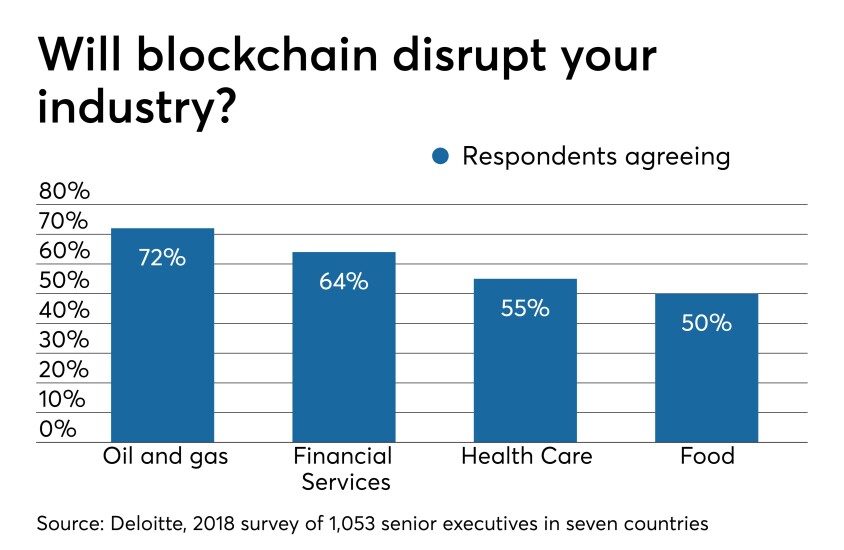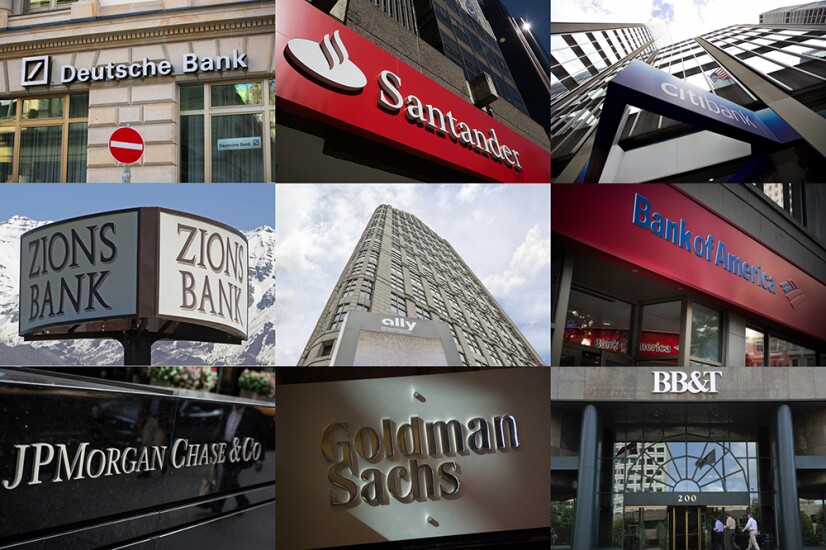What a difference a year makes.
Lamborghini after Lamborghini rolled up to last year's Consensus event in New York, considered the premier event for the crypto world. But bitcoin has since plunged in price to $3,000 from $20,000 (though it has rallied recently) and the flashy, expensive cars were nowhere to be found at Consensus 2019.
Almost as an acknowledgment, experts and entrepreneurs presenting in the New York Hilton Midtown addressed both the volatility of cryptocurrency and the potential of its underlying technology, blockchain.
“Count me as a crypto skeptic,” said the Nobel Prize-winning economist Eric Maskin. “It’s a dubious store of value and I worry that we’re replacing government fiat currency with private money.”
While bitcoin has suffered, blockchain and cryptocurrency experiments have gained more adoption with incumbents, including Wall Street banks.
“We don't get scared when it's a down market and we don't get too excited when it's an up market,” said Paul Veradittakit, partner at the blockchain investment fund Pantera Capital. “Now that people are accumulating cryptocurrencies, both consumers and institutions, we want to be backing staking and lending and services on top of the assets.”
Economists, investors, crypto lenders and regulators gathered at Consensus 2019 to discuss trends and issues in digital currencies. Following is a look at those issues and wider debates over where the industry is headed.










